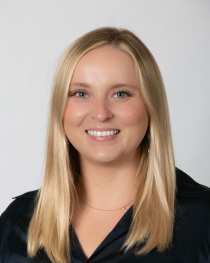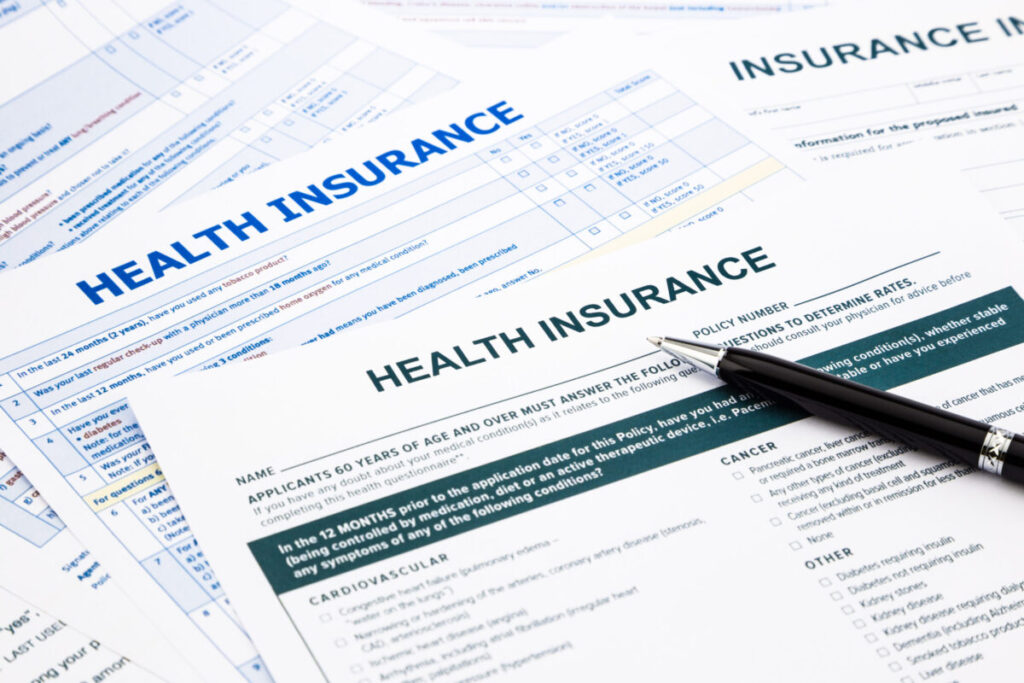The looming expiration of the Medicaid continuous coverage requirement tied to the federal public health emergency has renewed the urgency for policymakers to address the adverse effects of churn. While the federal public health emergency has been extended again, when it does end millions of Americans enrolled in Medicaid coverage will be required to take action to renew their coverage, some for the first time since March 2020. It’s anticipated that millions of current Medicaid enrollees will be found ineligible during the continuous coverage unwinding process. Across their programs, states have been and continue to prepare to ease coverage transitions for those who are no longer eligible for Medicaid. Rhode Island, for instance, is launching a new program that will automatically enroll consumers determined ineligible for Medicaid into a qualified health plan offered through HealthSource RI, the state’s health insurance marketplace.
Value of Auto-Enrollment
State Medicaid programs have been honing automatic renewal processes by using available data to determine an individuals eligibility and seamlessly renewing their coverage without further action from the individual for years. A number of state-based marketplaces have been considering how to use trusted data to automatically enroll individuals to reduce ‘churn’, which is typically a lapse of coverage as an individual transitions between programs.
Research indicates that churn results in higher administrative costs for state programs, as well as periods of uninsurance, delayed care, and poorer health outcomes for individuals. Marketplace officials worry that these gaps in coverage result from the consumer burden associated with finding, selecting, and enrolling in an affordable coverage option when transitioning from Medicaid. Consumer barriers are significant — a recent study found that less than five percent of eligible consumers referred to health insurance marketplaces from Medicaid programs successfully enrolled in a qualified health plan — even after receiving personalized communications from the marketplace.
There are major challenges to address in developing automatic enrollment into marketplace coverage — from data sharing across programs to the consumers premium payment responsibility. Rhode Island’s existing eligibility system infrastructure and more recently implemented measures help mitigate these challenges. To streamline transitions between coverage programs, Rhode Island Governor McKee and the General Assembly allocated funding in the 2023 state budget to develop a strategy to automatically enroll certain qualified consumers into marketplace coverage once they are disenrolled from Medicaid. The state hopes to strengthen the bridge between Medicaid and the marketplace, thereby reducing unnecessary coverage gaps following the expiration of the Medicaid continuous coverage requirement.
Rhode Island’s Auto-Enrollment Approach
Once the Medicaid continuous coverage requirement expires, HealthSource RI will automatically enroll individuals who no longer qualify for Medicaid and who have incomes at or below 200 percent of the federal poverty level (FPL). Additionally, for disenrolled Medicaid members with incomes up to 250 percent FPL who actively select marketplace coverage, HealthSource RI will effectuate coverage by making a payment for two months of medical and/or dental premium. Data sharing between programs is not a barrier because RI’s Medicaid and marketplace use an integrated eligibility system that eliminates the need to transfer data between programs.
The process begins when the state’s eligibility system determines a Medicaid enrollee is ineligible for renewal. These enrollees’ profiles will be flagged in nightly batches to HealthSource RI. However, the system is programmed with filters to keep individuals with any of the following conditions from automatic marketplace enrollment:
- Expired data consents
- Receiving Medicaid Aged Blind or Disabled flex-benefits
- Open returned mail task
- Conditional eligibility due to death, incarceration, or public minimum essential coverage
- Household member or members enrolled in another plan
- Income above 200 percent FPL
Those eligible for auto-enrollment will be enrolled in a silver health plan, which allows individuals to take advantage of both very low premium payments and the substantially reduced out of pocket costs of a Cost-Sharing Reduction plan. Rhode Island is leveraging the consumer affordability enhancements recently extended through 2025 by the Inflation Reduction Act to ensure that individuals with low income are transitioned from Medicaid to marketplace coverage quickly at little to no cost to the consumer. If there is a premium charge to enroll, the state is covering that cost as part of the auto-enrollment program for the first two months of coverage. The state’s budget for this program ($1.3M for fiscal year 2022 into 2023) will stretch to serve more eligible individuals because of the federally funded enhanced subsidy. Those who are automatically enrolled but do not wish to maintain coverage through the selected plan will have a 60-day special enrollment period to shop for another marketplace plan and can elect to drop coverage by not paying their second month’s premium. HealthSource RI has also provided an option for consumers to retroactively disenroll up to 60-days post-enrollment.
To ensure that consumers are aware of their new QHP coverage, Rhode Island plans to include information about an individual’s eligibility for auto-enrollment in at least three consumer notices, including the denial notice from Medicaid, their enrollment notice from the marketplace, and billing invoices. In anticipation of the end of Medicaid continuous enrollment, HealthSource RI is working in collaboration with the state Medicaid agency to message the upcoming coverage changes and to encourage individuals to respond to requests for information to renew their coverage. Officials have indicated that consumer education and aligned messaging between state agencies will be critical to this effort’s success, and are focused on ensuring that individuals understand the changes to their coverage, know how to opt out of auto-enrollment, and where to access consumer support.
Expected Impact on Insurance Markets
Rhode Island’s health market is unique in that over 90 percent of Rhode Island’s Medicaid enrollees are enrolled in a Medicaid Managed Care Organization (MCO), approximately 70 percent of whom are covered by a carrier that also offers plans through the marketplace. Mapping to a silver plan from that carrier not only ensures the best value for the lowest cost, but will also allow the majority of consumers to have provider network and carrier continuity between Medicaid and the marketplace. Over time, auto-enrollment and payment is expected to drive significant growth in the individual market, improving the overall risk pool and benefiting all carriers who compete for those covered lives.
As states prepare for the expiration of the continuous coverage requirement, NASHP will continue to track state policy innovations that connect consumers to affordable, high quality health coverage through the marketplaces.





